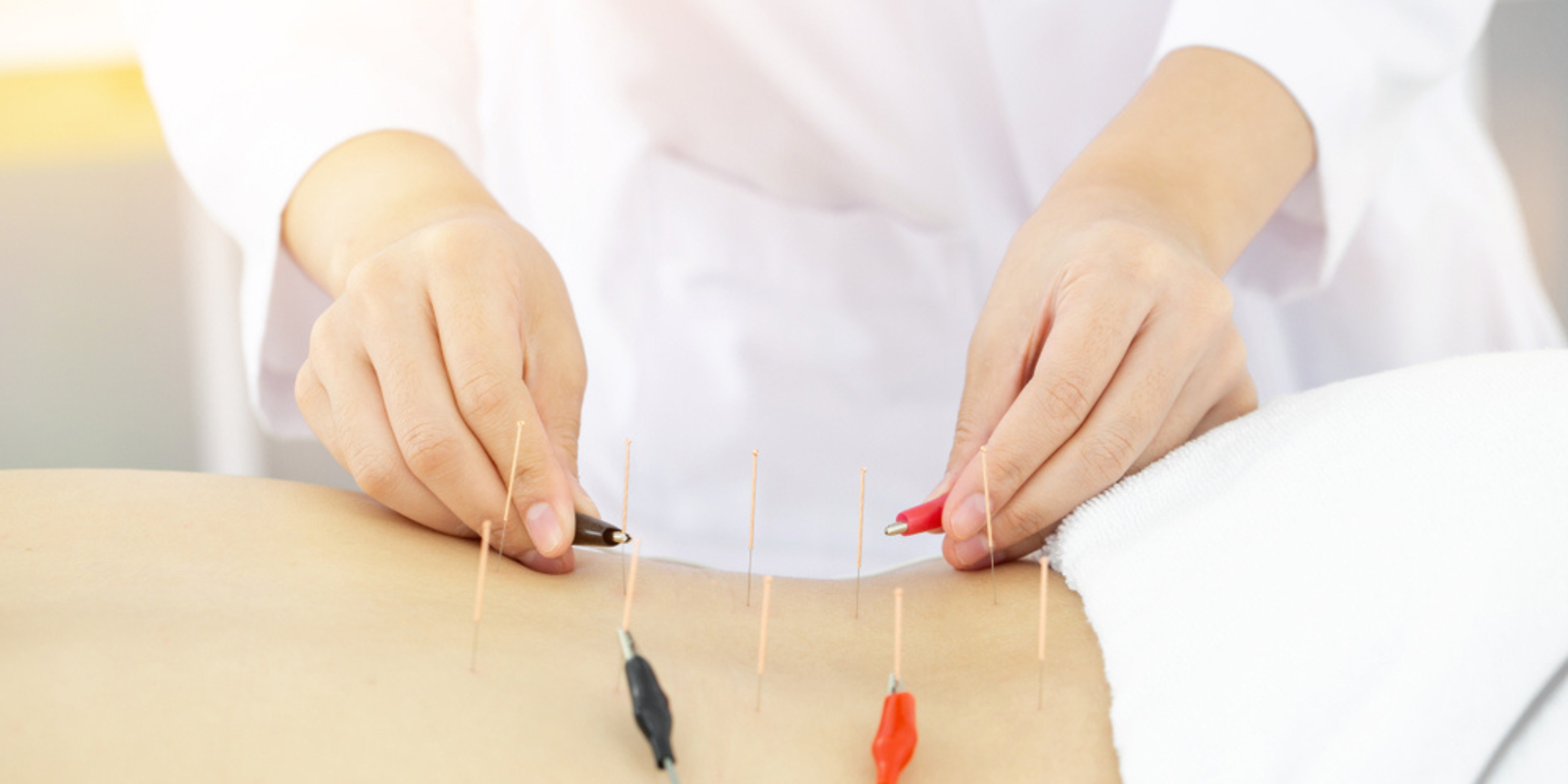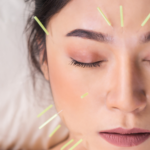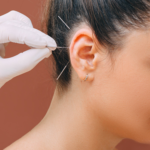Sneak Peak
“Acupuncture Magic” In today’s busy world, stress and anxiety often take over our lives. But there’s a secret weapon that can help: acupuncture. This ancient practice from Chinese medicine can bring calm and balance to your life. Learn how acupuncture works. Find the best points for easing anxiety. Also, learn how to make it part of your routine. We’ll share real stories from people who found peace through acupuncture. We’ll also give you tips for your first session. Plus, learn about other practices that boost acupuncture’s stress-relieving power. Start your journey to a stress-free life today!
Introduction
In a world where stress and anxiety often rule, acupuncture is a mystical ally. It offers a sanctuary of calm and rejuvenation. Traditional Chinese medicine roots this ancient practice in wisdom. It holds the key to finding a calm mind and a balanced life. Explore the science behind acupuncture’s soothing embrace. Find the most potent points that promise relief from anxiety. Learn to weave this therapy into your daily routine. You will find much to discover.
It starts with your first session. Then, the journeys of those who came before you. And the practices that amplify its effects. They all show how acupuncture can be your secret weapon against stress. It brings peace and well-being into your life.
Unveiling the Power of Acupuncture in Stress Management
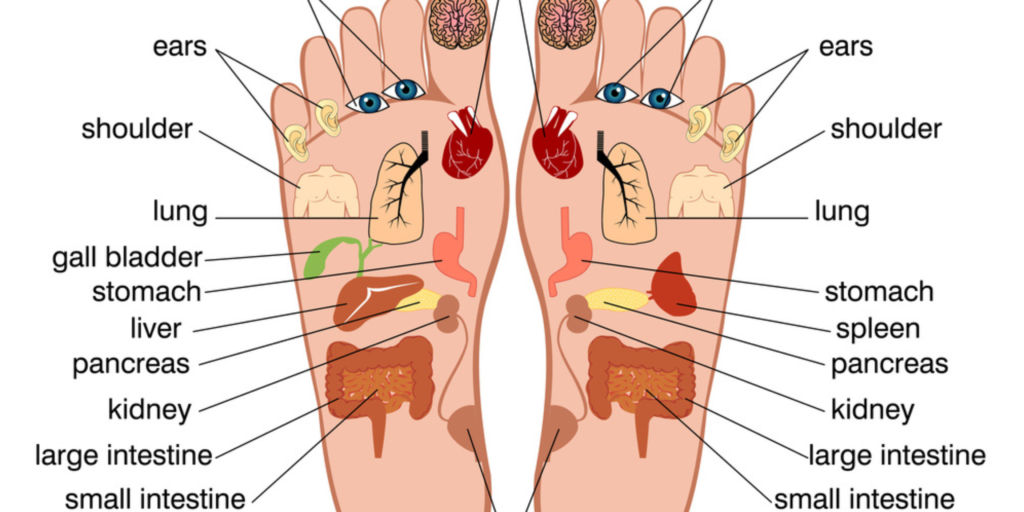
Let’s explore traditional Chinese medicine. Acupuncture is a compelling way to manage stress. This ancient practice roots in balancing the body’s energy flow. Modern therapy has adapted it with great success. Acupuncture targets specific points on the body. It stimulates the nervous system, releasing endorphins and other natural painkillers. This shift is crucial. It reduces stress and promotes relaxation. It also boosts well-being.
Acupuncture reduces stress. Much science supports this. Studies have shown it can reduce stress hormones in the body. These include cortisol, which is often linked to chronic stress and anxiety. The benefits of acupuncture in stress management include:
- Improved sleep quality: By reducing stress, acupuncture can help reduce insomnia and other sleep disorders.
- Enhanced mood: Acupuncture releases endorphins. They bring calm and joy, fighting anxiety and depression.
- Increased energy and mental clarity: Acupuncture balances the body’s energy flow. It can improve focus and vitality.
For those who want a natural and holistic way to manage stress, acupuncture offers hope. It is a non-invasive, drug-free treatment. It addresses both the symptoms and the root causes of stress. We personalize the plans. A licensed acupuncturist develops them. They ensure meeting the needs of each person. Embracing acupuncture as part of a stress management plan can lead to lasting gains. It can improve mental and physical health.
The Science Behind Acupuncture Magic Calming Effects

To understand how acupuncture reduces stress, we must dive deep into its effect on the body. At its core, acupuncture stimulates the nervous system. This triggers the release of neurochemical messengers. These changes affect the body’s homeostatic mechanisms. They promote physical and emotional well-being. Research suggests that this ancient practice can lower cortisol levels, the stress hormone. It can also raise endorphin production. Endorphins are the body’s natural painkillers and mood boosters. This dual action reduces stress. It also boosts the body’s ability to cope with anxiety. This makes acupuncture a potent tool for mental health. Acupuncture Magic
Many clinical studies further show acupuncture’s effectiveness. It calms the mind and reduces anxiety. The studies have shown that acupuncture points can reduce activity in the amygdala. They do this when stimulated . This brain center handles emotions, stress, and anxiety. This drop in activity leads to calmness. It counters the body’s stress. Moreover, it improves sleep quality. Stress and anxiety often harm sleep.
Acupuncture addresses both the symptoms and the causes of stress. It offers a holistic approach to mental health. It provides a natural and effective alternative to conventional stress techniques. The meeting of old wisdom and modern science. It shows that acupuncture can help with stress and anxiety. It is a key part of modern mental health care.
Top 5 Acupuncture Points for Alleviating Anxiety
Acupuncture is a cornerstone of traditional Chinese medicine. People have recognized its ability to reduce anxiety and stress. Acupuncture has many applications. Some points are especially good for calming the mind. They also ease the nervous system. The Journal of Acupuncture and Meridian Studies published a notable case study. It highlighted a large drop in anxiety levels among participants who got acupuncture. The treatments targeted specific points. This underscores the potential of acupuncture as a complementary approach to managing anxiety.
The Shen Men is one of the most impactful acupuncture points for anxiety relief. The Heavenly Gate point, located in the ear, is also known as. Healthcare professionals often use this point in stress reduction treatments. They believe it grounds the patient’s energy and fosters calm. Heart 7 (HT7), also called Spirit Gate, is another key point. It’s on the wrist. It can calm the heart and spirit. This makes it invaluable for people with anxiety-caused insomnia and palpitations.
Research supports the use of HT7 for anxiety. A review in the Journal of Psychiatric Research found this. It highlighted HT7’s role in decreasing anxiety levels. These findings confirm the old use of these points. They also offer hope for those seeking non-drug treatments for anxiety and stress.
You May Also Like:
History Of Acupuncture: 5 Millennia of Healing
Preparing for Your First Acupuncture Session: What to Expect
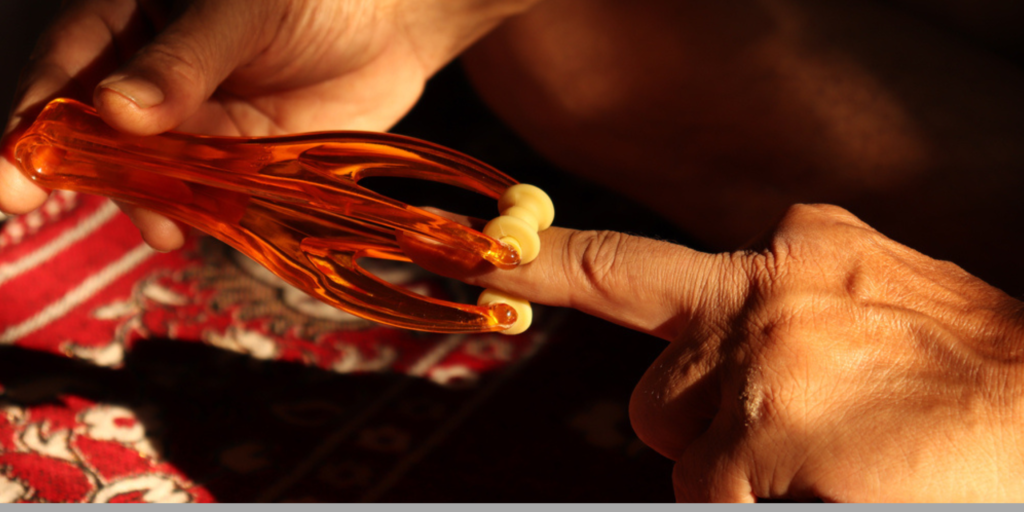
Starting your journey to wellness with acupuncture can be both exciting and a bit scary. Experts tell this: the key to a good session is to grasp the process and have realistic hopes. At first, your acupuncturist will assess your health history and current symptoms. They will use this to tailor a treatment plan to your specific needs. This approach personalizes the experience. It ensures the acupuncture points will target your concerns. This will optimize the potential to reduce stress and anxiety.
Comfort is paramount during an acupuncture session. You will lie down on a treatment table. It’s important to wear loose, comfy clothing for easy access to acupuncture points. Many first-timers worry about the needles used in the procedure. But, it’s crucial to know that these are not your typical needles. Acupuncture needles are thin, and their insertion is generally painless. Some feel a mild tingling or energy moving around the needle site. This is a sign that the treatment is working.
After the session, it’s common to feel a profound sense of relaxation and calm.
This shows that acupuncture is effective. It activates the body’s healing response and reduces stress. Follow-up care is an essential part of the treatment process. Your acupuncturist may recommend a series of sessions for the best results. They may also give you lifestyle and dietary advice to boost acupuncture’s benefits. Following these recommendations can help your health. They also aid in managing stress and anxiety well.
Integrating Acupuncture into Your Daily Routine for Greatest Benefits
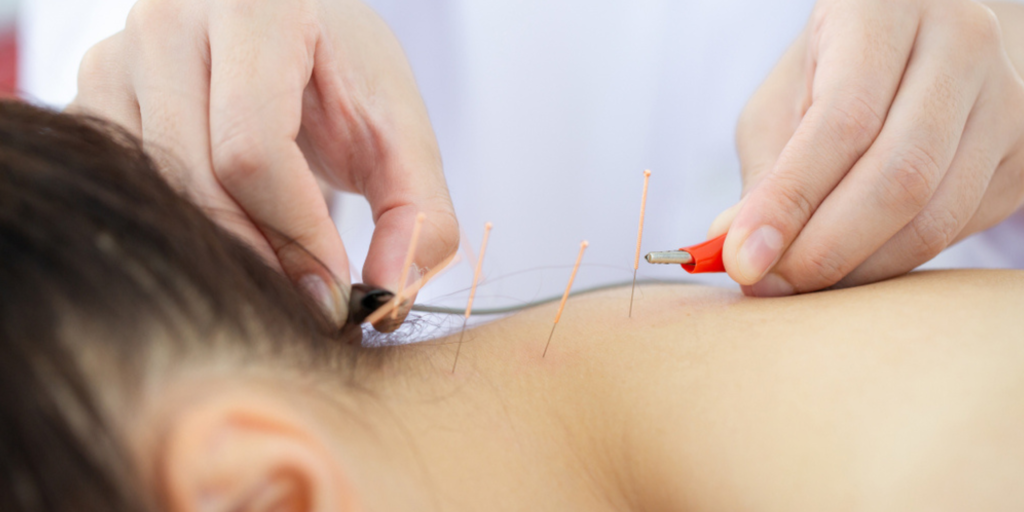
Adding acupuncture to your daily life can improve your well-being. It’s especially helpful for managing stress and anxiety. Traditional Chinese medicine roots this ancient practice. It works by stimulating specific points on the body. This improves the body’s natural healing processes and promotes relaxation. For those seeking to reduce stress, regular acupuncture can help. It balances your body’s Qi. This leads to clearer thinking and less anxiety.
Starting your journey with acupuncture doesn’t need drastic changes to your daily schedule. In fact, even small, consistent sessions can yield noticeable benefits. It’s about finding a rhythm that works for you and your lifestyle. Many find that starting or ending their day with acupuncture sets a positive tone. It helps after a series of stressful events. It’s also good to do mindfulness practices after the session. This will increase the calming effects. By doing so, you’re not only addressing the body’s stress, but the mind’s too. This creates a full approach to anxiety management.
Those unsure how to start using acupuncture can consult a licensed acupuncturist. The acupuncturist can provide personalized guidance. They can offer insights. They can tell on how often to schedule sessions based on your needs. They can also tell on how to get the most from each session. They can also recommend lifestyle changes and self-care that add to acupuncture’s effects. This creates a holistic stress reduction plan. The goal is to add acupuncture in a way that feels seamless and sustainable. It should improve your life without adding to your stress.
Personal Success Stories: Real-Life Transformations with Acupuncture
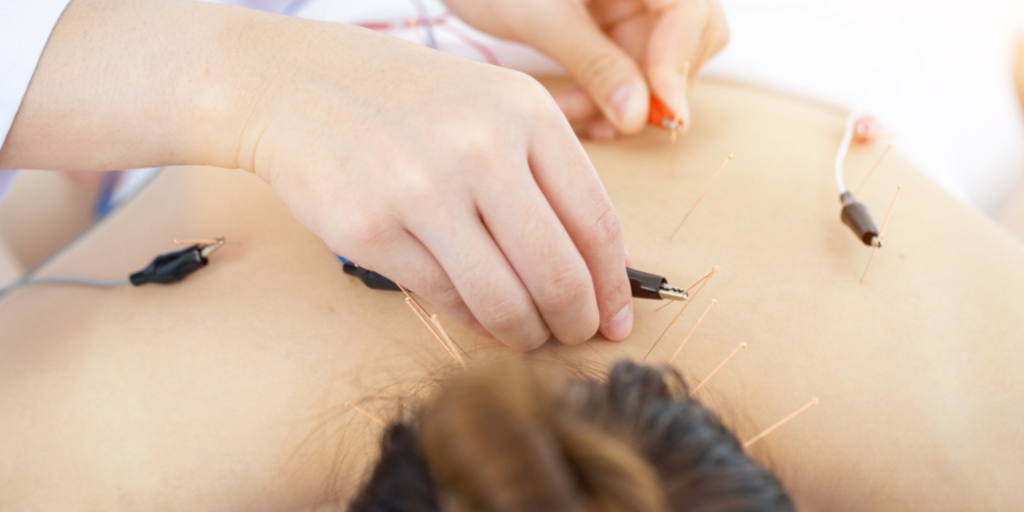
Over the years, many people have turned to acupuncture. They see it as a path to a more balanced and stress-free life. Among these, the stories of transformation are both profound and inspiring. It helps professionals handle the demands of their careers. It also helps parents manage the tasks of family life. The relief they’ve found through acupuncture speaks volumes. The anecdotes show that acupuncture can manage stress and anxiety. They also show that it’s a holistic approach to wellness. The lessons from these real-life changes are clear. Acupuncture is a powerful way to reduce stress and boost well-being. It is a valuable tool in today’s fast-paced world.
Beyond Needles: Complementary Practices to Enhance Acupuncture’s Stress-Reducing Powers
Acupuncture itself offers a deep path to stress relief. Adding other practices can boost its benefits. Experts tell integrating mindfulness meditation. They also recommend using tailored herbal medicine. And, making specific dietary adjustments. This creates a holistic approach. Mindfulness meditation, when done often, can boost acupuncture’s calming effects. It does this by fostering a deeper link between mind and body.
Herbal medicine can treat imbalances that add to stress and anxiety. A knowledgeable practitioner prescribes it. Also, dietary changes that focus on nourishing the body can support Qi. They can help maintain the balance from acupuncture. These practices complement acupuncture. They, with regular acupuncture, create a powerful synergy. This can lead to deeper and longer relief from stress and anxiety.
Conclusion
Acupuncture can be a powerful way to help manage stress and anxiety in our busy lives. This old practice is from Chinese medicine. It’s more than using needles. It’s about balancing the body’s energy to feel better and calmer.
When we use acupuncture, it helps to lower stress and make us feel more relaxed. Studies show that acupuncture can cut stress hormones. It can also make us happier. It can also help us sleep better and think more clear.
Starting acupuncture might seem a bit scary at first, but it’s important to know what to expect. The needles are very thin, and the treatment is usually painless. After a session, many people feel very relaxed and calm. It’s also helpful to add acupuncture to other healthy practices. These include mindfulness meditation, eating good food, and using herbal medicines.
Real-life stories show how acupuncture has helped many people. It made them feel less stressed and more balanced. These personal experiences remind us that it’s possible to find peace and calm in our hectic lives.
Incorporating acupuncture into your daily routine can lead to lasting changes. It’s about finding what works best for you and being consistent. You can use acupuncture in two ways. You can use it through regular sessions or small lifestyle changes. It can help you manage stress and improve your well-being.
Remember, taking care of your mental and emotional health is important. Acupuncture is a natural and effective way to feel better. It helps with stress and leads to a happier, healthier life.

